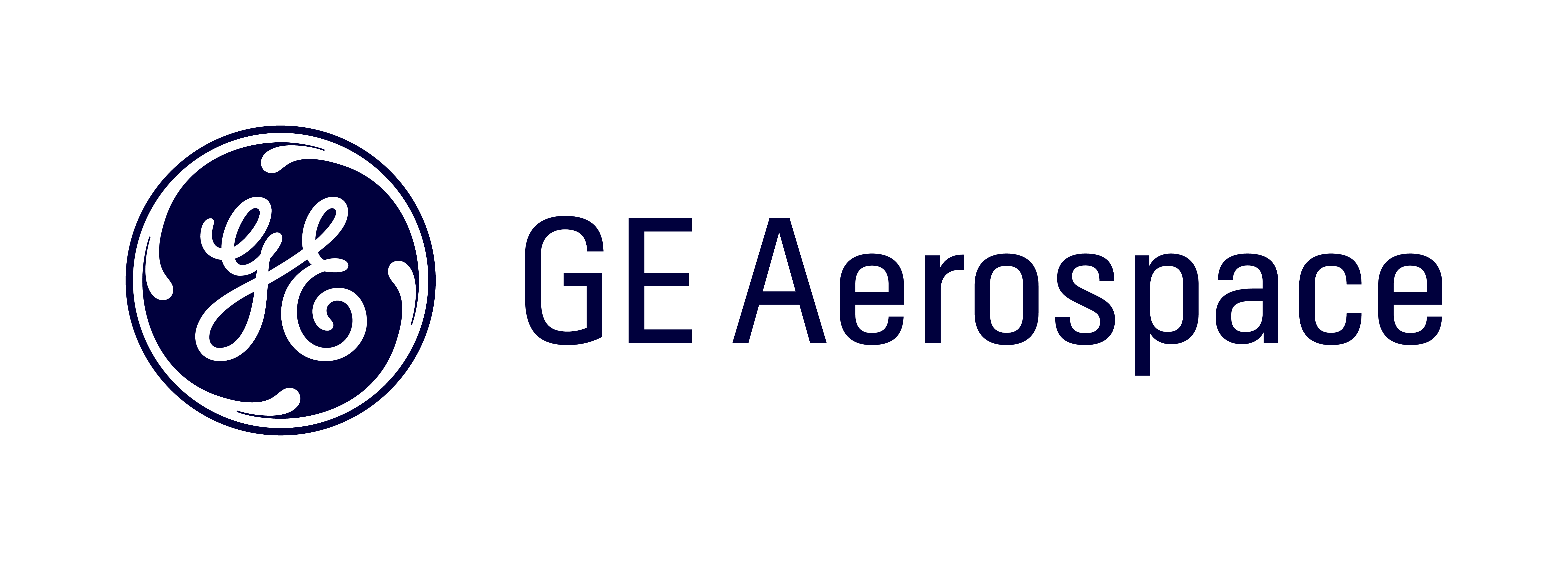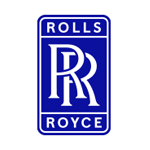AGENDA
All sessions will take place at the Dayton Convention Center
Overview: Agenda At-A-Glance |
|||||
| Monday Aug 31 |
Tuesday Sept 1 |
Wednesday Sept 2 |
Thursday Sept 3 |
||
|---|---|---|---|---|---|
| am | Exhibits Open Concurrent Training General Session |
Exhibits Open General Session |
Exhibits Open General Session Concurrent Workshops |
Concurrent Workshops | |
| noon | Networking Lunch in the Exhibit Hall & Beyond the Booth | Networking Lunch in the Exhibit Hall & Beyond the Booth | Networking Lunch in the Exhibit Hall & Beyond the Booth | Lunch On Your Own | |
| pm | General Session Exhibits Open |
General Session Exhibits Open |
Concurrent Workshops Exhibit Hall Closes |
Concurrent Workshops Conference Adjourns |
|
| evening | Networking Reception & Beyond the Booth | Exhibit Hall Reception & Beyond the Booth | |||



